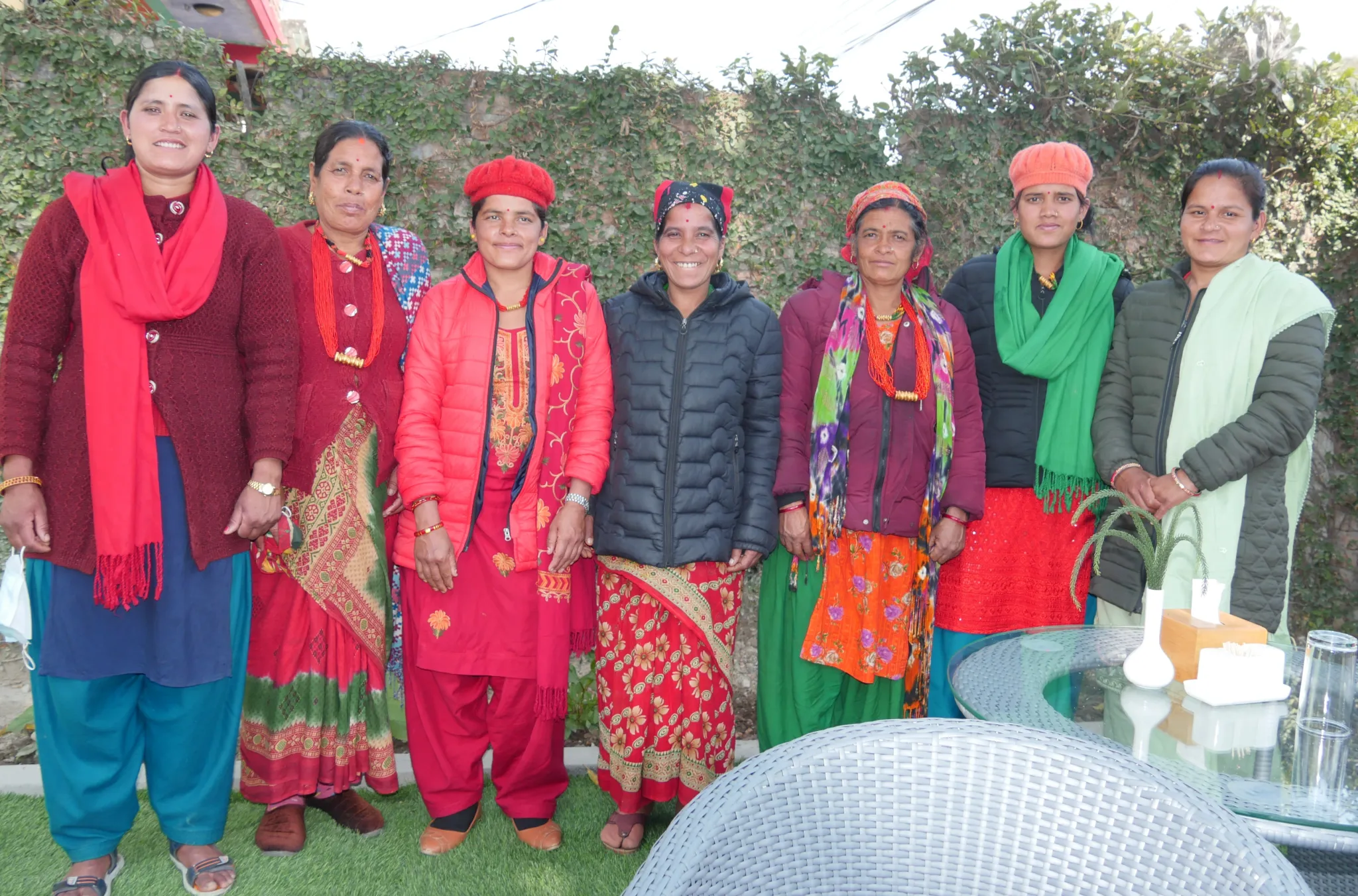Meaningful inclusion demands constant investment, but female local officials have barely got it

The 22 years old Saraswati Nepali is the mom of two kids and lives approximately five hours' drive (and five hours walk) away from the headquarter of Karnali Province, Surkhet—a place that paid the heaviest of prices in the 10 year-long armed conflict from 1996-2006. Her first son is eight years old, and her second son is four and half years old, almost as old as her term of office as a ward member in Shiwalaya Rural Municipality (RM) of Karnali Province.
Saraswati did not go for campaigning before the elections. She didn’t even ask for an election ticket. All the work was done by her family members, especially her husband, who is a teacher. Saraswati assumes, it is because of his influence she got the ticket to fight the election. After four and half years she now understands fully that it was rather because of the reservation for Dalit women in the Ward Committee of local governments (LGs) that she got the ticket.

Similar was the case with six other female LG representatives of Shiwalaya RM who gathered in Surkhet for a one and half day training on LG system and processes. It is not an overstatement to state the same for the majority female LG representatives around the country, mostly those who were fielded for the posts of ward members, positions with relatively lesser leadership roles.
For Lalsara B.K., and her two friends, it was the first time they visited Surkhet. This, in many ways, is symbolic of the access female representatives of rural LGs have —to state resources, to decisions on distribution of those resources, to information, and to opportunities and exposure. It is as if the geographical distance translates almost quite literally in their cases adding up multiple barriers in exercising their agency to participate meaningfully in the governance process.
In the programme organized by International IDEA’s Coherence Programme, the female elected officials poured their hearts out, exclaimed and nodded at their fellow women representatives when they were short of words or languages to describe how they felt at not being heard, and being treated as liability rather than of value. They felt empowered at being able to share their intimate experiences and learn with a group of women just like them, without fearing humiliation or hesitation.
“If the chair or deputy chair were here, they’d speak on all the issues, we wouldn’t get a chance. We would always sit on the back.” Balkumari Basnet, an executive member said, “In all other programmes, our job was to only listen to the trainers. Here, they listened to us, asked about our experiences and views. We got to engage in a two-way conversation. I felt like being with a family.”
2.5 months away from the second cohort of local elections (which is announced for 13 May 2022), this was the first training of its kind for most of the participants. Big part of the capacity strengthening support to LG representatives are centered around the key leadership position holders of LGs, the majority of whom are male. Coherence Programme has been extending intensive support also to the rest of the representatives left behind from mainstream capacity strengthening support, who are women mostly from historically marginalized and excluded communities. The young mentors of Coherence Programme go to their houses and provide customized support as per their needs in the simplest way possible. However, empowerment is a dynamic process and the key to feeling empowered has a lot to do with feeling valued, heard, and respected as much as it has with having access to information and opportunities.
“You opened my eyes! Before, we used to go to ward offices, we even sat at the meetings. But what’s inside of those decisions, I wouldn’t know. I am going to make sure now that my voice is also reflected in those decisions.”, said another participant, Saraswati Nepali.
A programme curated only for the female representatives gives them a safer space to express themselves better and thus, makes a conducive environment for a more effective learning process. This is particularly important for those representatives who do not hold any formal educational qualification and are first timers in political positions. In societies where working women bear the brunt of both household chores as well as official responsibilities, outdoor programmes sometimes provide women a dedicated time to focus fully on themselves without having to worry about daily family obligations.

Meaningful inclusion demands a consistent, empathetic, and mindful investment from the state (and non-state actors). As much as reservation is essential to kick-start inclusive governance, without investment in the agents of political deliberation, change in the demographics of decision-making table often only tells a partial story. Blaming these ERs for tokenism and criticizing them for ‘lack of capacity’ is denying the blatant structural inequality that builds and perpetuates on centuries of systemic discrimination, exclusion and marginalization.
As they say, people enjoy and express themselves the best when they do what they are best at. This was reinforced when these representatives came forward voluntarily and sang their folklore when the event called for an energizer. If coming directly from households to governance at once and facing a constellation of obstacles, all these seven women aim to contest the next LG elections, one can just imagine how Nepali (local) politics will look like in a couple of decades and how this will change the narrative of mainstream development.



